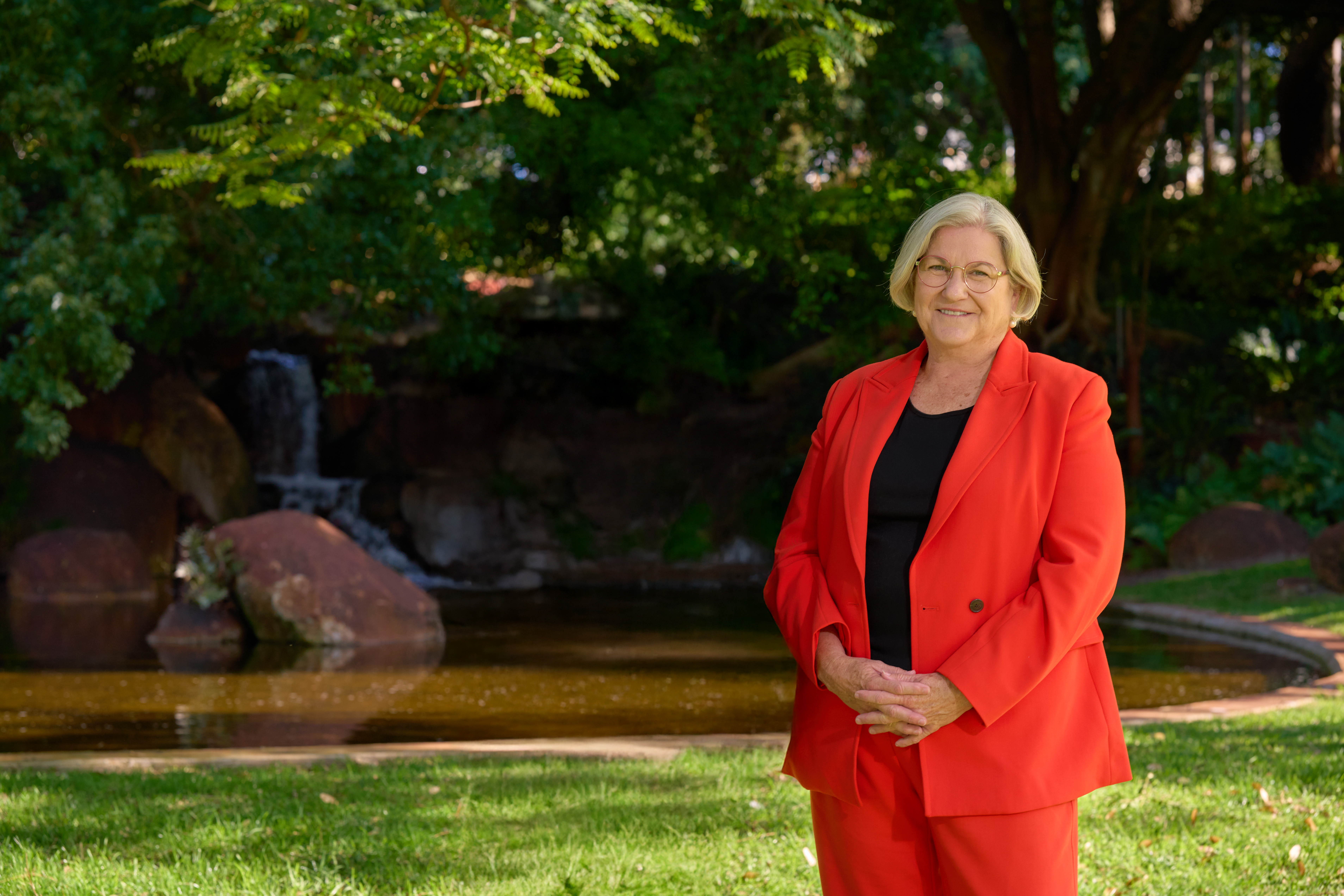Another chapter in Amanda Healy's storied career is afoot.
Healy's transition to chair of Warrikal from the role of CEO follows eight years leading the company she co-founded in 2016 — a business that started as a kitchen-table idea and grew into one of Australia's most successful Indigenous-owned engineering firms.
The legacy of Healy, a Koori woman from the Wonnarua nation of the NSW Hunter Valley, is well intact; her leadership underscored by a determined desire to connect Indigenous businesses, offer training and employment opportunities for Aboriginal people in Western Australia's resources sector and championing female representation at executive levels.
Healy's career began in human resources management, working with companies such as BHP, Rio Tinto and WMC Resources, before she established award-winning enterprise Maxx Engineering in 2004, later sold to multinational engineering firm ThyssenKrupp in 2015.
As CEO and founder of luxury Indigenous fashion label Kirrikin, she continues to help Indigenous artists succeed by transforming their works into globally recognised fashion statements, bridging culture and commerce and returning all profits to them.
At Warrikal, a major goal was growing First Nations employment: 20 per cent of its diverse 2000-strong workforce is now Indigenous, an example of Healy's success in building the capacity of her employees and colleagues and mentoring those workers who are on the up.
"Everybody I've worked with over the past 45 to 50 years has taught me something, even if it was 'you know that's not how I want to work'," Healy told the Indigenous Business Review on her 67th birthday last month.

While the growth of Warrikal had been "quite remarkable" after a game-changing $350 million contract with Fortescue Metals Group in 2021, Healy will shift gears on the board, focusing on mentoring and developing a new generation of Indigenous workers and entrepreneurs.
The Warrikal chair will be heavily involved in two mentoring programs: one for Aboriginal people to advance into technical or management roles and another for women to progress in business.
Healy says there is no one-size-fits-all method to the company's empowerment programs, and that unique approaches are required. "It is the furthest thing you could imagine … if you look at the history of our people, we had at least 250 different groups and languages and approaches to life," she says. "And as many different people as there are, that's how many different ways you can do business.
"For me [mentoring] is about shaping their knowledge and experience, getting exposure in different businesses so they understand the various elements.
"We'll also use external, formal training, and one-to-one mentoring, which will play a very big part for our women.
"We're currently reviewing our operations to see how we can partner better with other Indigenous businesses, too.
"We've helped a lot develop over the years, but there's still a lot to be done and a long way to go to where we need to be." On the broader Indigenous business landscape, the award winning entrepreneur says she is sad at the disunity too often present across the sector.
"I'm a little bit over the complaining that goes on within our own community about what's right and what's wrong in business, and who and who isn't allowed to do business," she says.
"We're all one mob and we have to look after each other. We tend to pull each other down before we would support each other … and it's getting worse, but we have to do it as a community."
